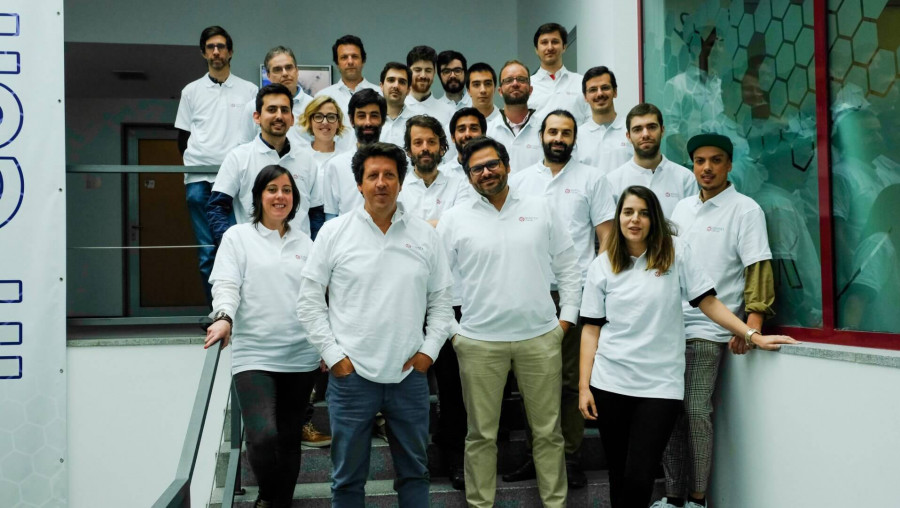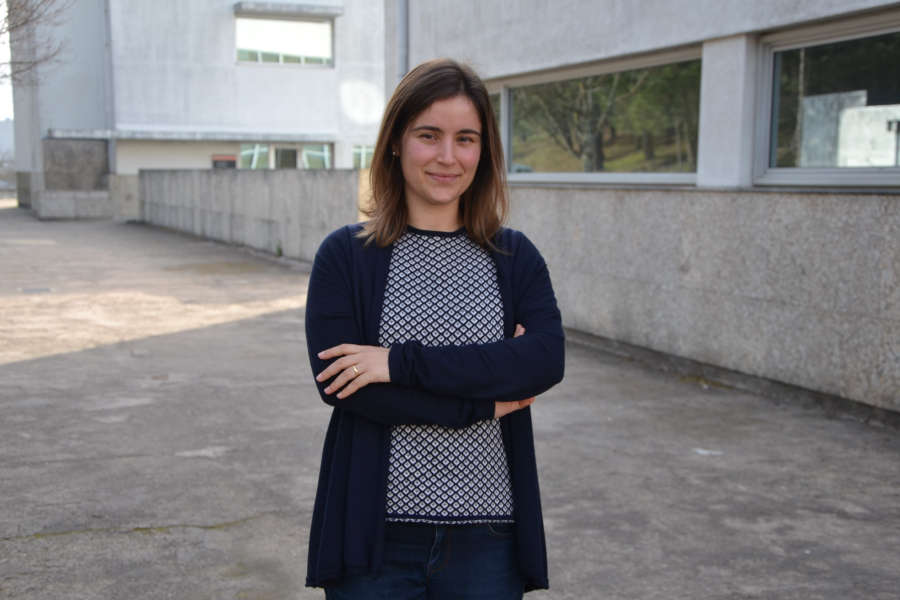Laboratório de Software Confiável
O HASLab dedica-se à criação e à implementação de sistemas de software confiável, i.e., software correto e resiliente perante falhas e ataques.
De forma a cumprir este grande objetivo, o HASLab opera em três grandes áreas - Cibersegurança, Sistemas Distribuídos e Engenharia de Software.
Engenharia de Software - são explorados métodos, técnicas e ferramentas para o desenvolvimento de software, podendo este ser integrado nas funcionalidades internas de determinados componentes, na sua configuração junto de outros componentes, e também na interação com o utilizador.
Sistemas Distribuídos - com vista a melhorar a confiabilidade e a escalabilidade de software, explorando as propriedades inerentes à distribuição e à replicação de sistemas computacionais.
Cibersegurança - de forma a minimizar a vulnerabilidade dos componentes de software a ataques, com recurso à implementação de estruturas e de protocolos criptográficos com propriedades de segurança formalmente comprovadas.
Através de uma abordagem multidisciplinar que assenta em princípios teóricos comprovados, o HASLab visa disponibilizar soluções - fundamentos teóricos, métodos, linguagens, ferramentas - para o desenvolvimento de sistemas TIC abrangentes, dando garantias aos seus proprietários e utilizadores. Os grandes domínios de aplicação da investigação desenvolvida no HASLab incluem o desenvolvimento de sistemas de software cruciais para garantir a segurança e a proteção, a operacionalização de infraestruturas da nuvem seguras, e a gestão e o tratamento de big data, tendo em conta as questões da privacidade.











